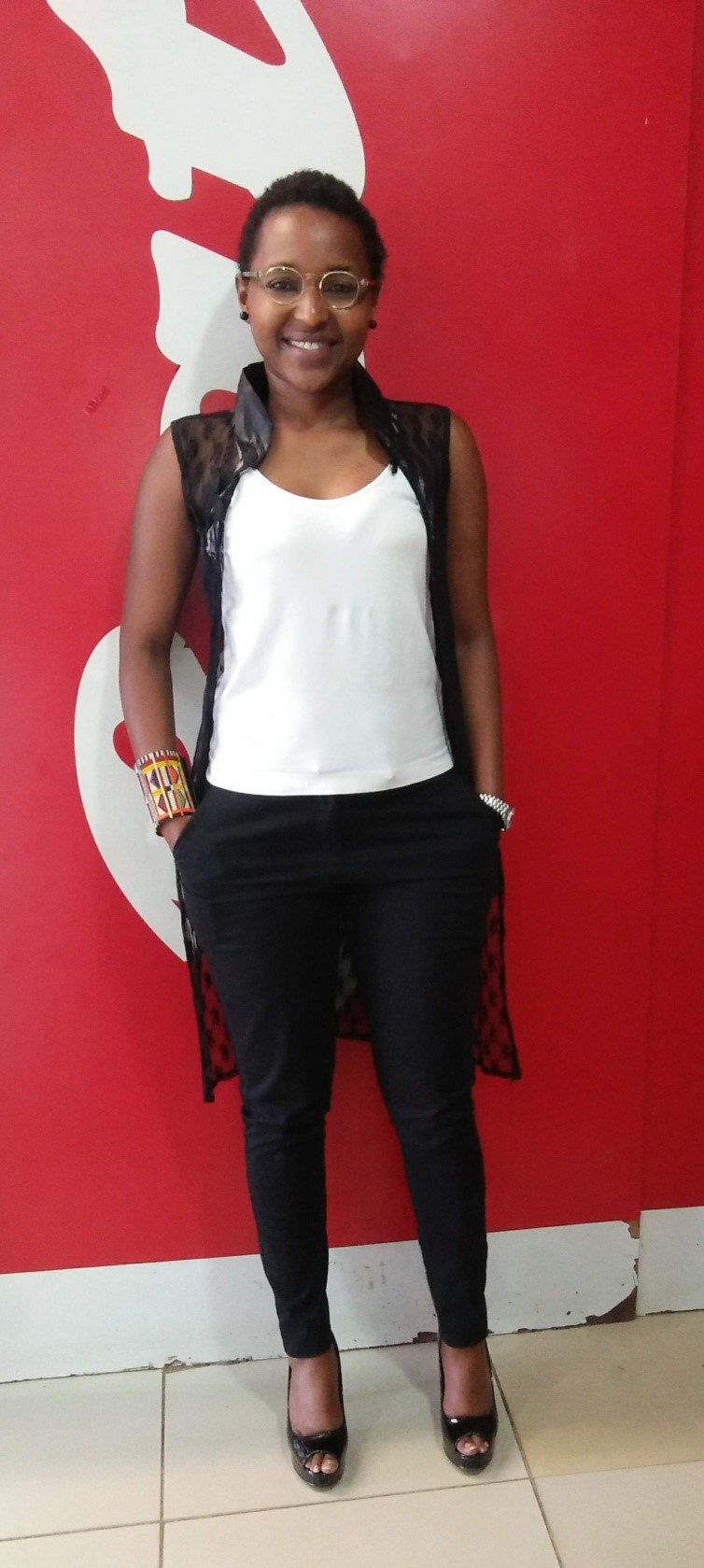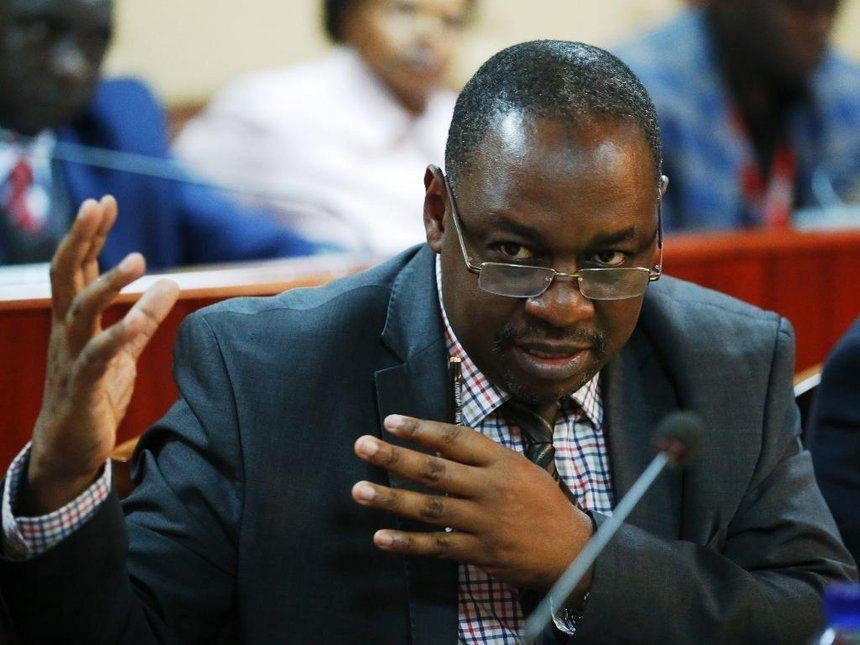Stigma complicates fight against Covid-19

Just how does Covid-19 associated stigma present itself? Horribly, according to the experience of Sarah Mwangi.
Twenty-nine year old Sarah came down with Corona virus after meeting a friend who had just jetted into the country. The friend flew in on March 17, 2020. Straight from the airport he visited Sarah’s office and had a brief meeting with her and her co-workers. Sarah says it was no more than a 15-minute interaction.
On the 24, some seven days later, he kindly called to tell them that he was quarantined after testing positive for the highly infectious virus. On March 27, three days later, “I began to experience difficulty in breathing,” she says. “It was accompanied by headache, fever and a running stomach but no coughing or sneezing.” She went to hospital where her blood samples were taken.
“They told me that I had a high viral load,” she says. That brought confusion, especially when they sent her home with nothing but painkillers. Her confusion turned to alarm when the fever persisted. At a time when Covid-19 was only making headlines in foreign countries, she was hopeful. She went to Kenyatta National Hospital’s IDU inside Mbagathi Hospital and her samples were taken.
“They said they could not release me to go home before my results were ready,” Sarah explains. “So they accommodated me at an Isolation Centre until the results came out. It was positive. I was transferred to a ward within the same building.”
For the next 10 days, Sarah stayed at KNH. At home, her 4-year old son and his nanny waited for her. It was when her son told her on phone that he had no one to play with that the reality of stigma hit home. Ministry of Health officials had called her landlord to tell him that one of his clients had contracted Covid-19 and they needed to fumigate the building. By so doing, they publicized her status. It triggered harassment.
“That is how my neighbours knew I was Covid-19 positive,” she says. “They stopped their children from playing with my son. More than that, some among them began to call to tell me to move out of my apartment before I infected them.” Sarah felt horrible. But if she thought things couldn’t get worse, she was mistaken.

“When I came out of hospital, I found myself being point out in the streets. ‘Ndie yule’ (there she is), they would say in Kiswahili. They had circulated my photo so people would recognize me and be wary whenever I was spotted. I realized I was friendless. As a result of the harassment, I began to have panic attacks.”
Though feeling wretched from the awful treatment her neighbours subjected her to, Sarah had to help her son understand the situation. She told him that a sickness called Corona had made parents to keep his friends in their houses and he too needed to stay indoors.
Although the stigma continues, the nasty calls have ended. Yet Sarah’s experience is distinctly different from that of Prof Hamadi Iddi Boga, a Principal Secretary in the government’s Ministry of Agriculture. The professor of microbiology believes he acquired Covid 19 among a group of friends he spent some time with. “You’re sitting with friends and think you’re keeping the 2-metre rule but you’re not exactly measuring. You spend two hours together and somehow believe you are safe.” Big mistake.
He wasn’t. “The symptoms began with chills, were then accompanied by a cough and got joined by nausea, dizziness, and tightness in the chest. I had neither headache nor alarming temperatures but I got easily fatigued. Even a 1-hour Zoom meeting left me totally exhausted. I knew there was a problem.”
So he called his physician who sent him to hospital. After the test, he returned home to await the results. Forty-eight hours later, he turned out positive for the virus.
One can see just how different his experience was compared with Sarah’s. In fact, even after he tested positive, Prof Boga was allowed to self-isolate at home. He did for a while until his symptoms worsened. Then he was admitted to a facility for two days. The doctors placed him on paracetamol, cough expectorant and Vitamin C. Prof Boga had a predisposing asthma condition but he is quick to point out that everyone is at risk.
Of the costs, he paid sh 10,000 for the test and Sh 50,000 per day for the 2-day admission to facility. “VIP accommodation is a little more expensive,” he adds. The medicine was the over-the-counter kind, which lowered the costs somewhat.
Of stigma he says: “I was fearful of it but my fears did not materialise.” Asked if this could be because of his social position in the society, he responds thus: “Yes, I think that in certain environments stigma is prevalent.” Both Prof Boga and Sarah Mwangi agree that Kenyans are not taking Covid 19 seriously enough. “Most Kenyans think they will be okay and those who will die will die,” says the professor. Sarah says Kenyans should do better in taking Covid 19 seriously. She discourages the onset of fear among the citizens. “Safety comes from courage, not fear, she says.
In concluding, Sarah mentions that she and a group of people who were among Kenya’s first Covid-19 patients have formed a psychosocial support group called Embrace a Victor. Its objective is to help those who have suffered Covid-19 deal with stigma among many other needs. They are trying to get it registered by the government. So far, their attempts to be available for recovered Covid patients discharged from hospital have so far not been embraced by the government. “We have forwarded to the government a proposal to be available for newly-discharged patients. We’ve waited a while for their response but so far no sign that they embrace our idea,” she says.
Prof Moga says local solutions to the packaging of Covid-19 information might help people take it more seriously. “We need to identify influencers in every demographic to support the initiative and get a buy-in,” he concludes.
Our Services
Brochures
View our Centre for Behaviour Change and Communication Portfolio.













